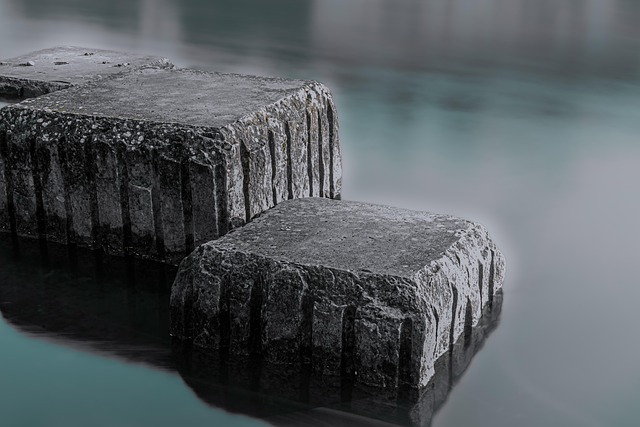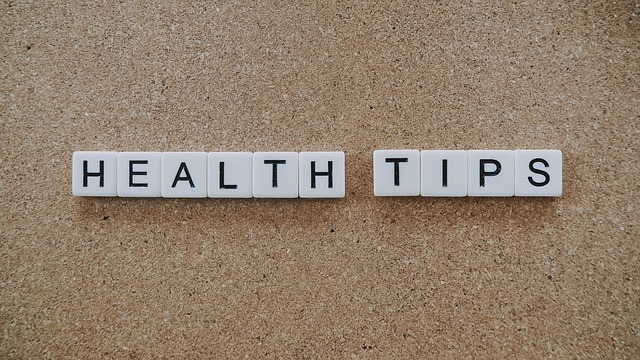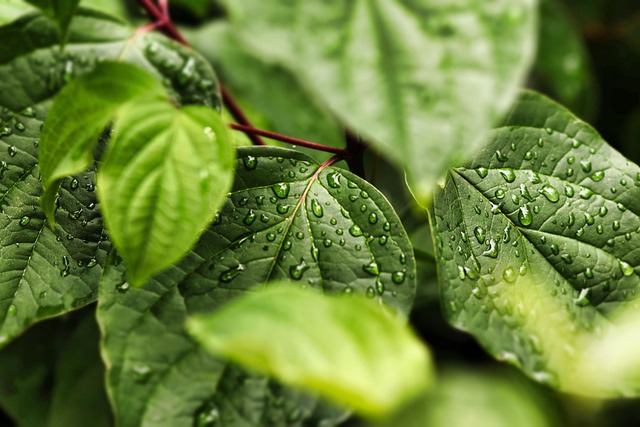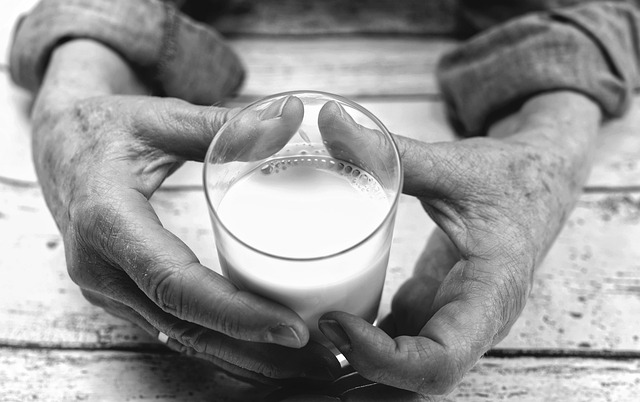Water is fundamental to life, influencing every aspect of our health and well-being. Achieving optimal water balance is not just about drinking enough fluids; it’s about understanding how lifestyle choices and nutrition impact our hydration levels. In a fast-paced world, it’s easy to overlook the importance of keeping our bodies equilibrated. Whether you’re a busy professional, a fitness enthusiast, or a parent juggling multiple responsibilities, recognizing the signs of dehydration—and the steps to prevent it—can be transformative.
First, let’s delve into lifestyle factors. Everyday activities, from exercising to working in air-conditioned environments, can significantly affect our hydration levels. If you’re hitting the gym regularly, you’ve likely experienced thirst signals, but they can easily go unnoticed. It’s crucial to develop a hydration routine tailored to your activity levels. Carrying a water bottle and setting reminders can make staying hydrated a habit rather than an afterthought. Additionally, environmental factors such as climate play a vital role—dry, hot days mean you’ll need to drink more than on cooler, humid days.
Health is another critical component of achieving a proper water balance. Many health issues stem from dehydration, which can manifest as fatigue, headaches, and even impaired concentration. Chronic dehydration can lead to more severe health problems, including kidney stones and urinary tract infections. It’s essential to monitor your body’s hydration needs, especially if you’re on medications that affect fluid balance or have health conditions that increase your risk of dehydration. Regular check-ups with your healthcare provider can help ensure that your water intake supports your overall health.
Nutrition also plays a pivotal role in maintaining optimal water balance. The foods we eat contribute to our hydration levels, and incorporating water-rich foods can enhance our fluid intake without even sipping from a bottle. Foods like cucumbers, oranges, and strawberries are not only refreshing but also hydrating. Additionally, balancing electrolyte levels through diet can further optimize hydration. Consider foods rich in potassium and sodium, which are essential for fluid retention and can aid in keeping your body balanced.
Combining these aspects—lifestyle, health, and nutrition—allows you to create a holistic approach to hydration. Being mindful of your body’s signals, adjusting your fluid intake in accordance with your daily activities, and nourishing yourself with the right foods are all steps towards achieving optimal water balance. The next time you quench your thirst, remember that every drop counts—not just for hydration, but for nourishing your overall wellness.




